Pope Francis, born Jorge Mario Bergoglio in 1936 in Flores near the city of Buenos Aires, Argentina, to Mario Jose Bergoglio and Regina Maria Sivori amidst five children, was ordained in the year 1969 as a priest in the Society of Jesus (Jesuits). Having served as the Provincial Superior of the Society of Jesus from 1973 to 1979, he was ordained a bishop in 1992 and became the Archbishop of Buenos Aires in 1998. He was elected the Pope in the year 2013 as the first non-European Pope in centuries. Pope Francis’s service during the past twelve years has been impactful not merely within the Catholic Church, but in the world at large. A spontaneous inner urge to serve the poor and the less privileged made him pastorally committed right from the early days of his ministry. As a Pope, he carried forward with the same interest and became a beacon of hope for the marginalized, refugees, migrants and other vulnerable communities. A spirit of simplicity adorned the lifestyle of his papacy, and he called forth the clergy to renounce pomp and glory to be at the service of the poor. Some of the measures he took to democratize the Catholic Church, including the initiative to make it a synodal church, would leave lasting impact on the self-understanding of the Catholic Church among its faithful. The pastorally sympathizing steps he took towards the LGBTQ community, the sacramentally endearing gestures towards the divorced, the ecclesiological measures to accord importance to women, and the humanitarian support he rendered to migrants and refugees would make him a pope in active solidarity with the vulnerable.
Furthermore, he emerged as an effective theologian of public life, intervening in matters of public importance, calling for a culture of encounter and dialogue between different religions, ideologies, public policies, etc. in a context of radical pluralism today. “Polyhedron” is the imagery he used to speak of a new vision of pluralism, wherein there is no one center, but multiple centers of meaningful conversations which need to come together in dialogical encounters with one another for the common good. His well-known encyclicals like the Laudato Si on the concern of climate change, and Fratelli Tutti on the concern of treatment of the different others in a global age have made considerable impacts upon the present generation. Some of the salient themes reflected in these encyclicals by Pope Francis are ‘common good’, ‘human dignity’, ‘fraternity’, ‘ecological citizenship’, ‘care for the poor, marginalized, migrants, and refugees’, ‘disavowal of terrorism, war and violence’, ‘political love’, and ‘responsible citizenship’. His actions to bring peace between some warring African nations, even to the point of falling upon the feet of the political leaders to beg for peace, will remain as poignant symbols of his papacy in the public memory for long; his boldness also to denounce political leaders on the world stage for their lack of concern for the migrants and refugees will mark him out as a publicly intervening pope in recent history. As the president of the Conference of Catholic Bishops of India, Filip Neri Cardinal Ferrao says, “as a true shepherd of God’s people, Pope Francis dedicated his life to spreading the Gospel, championing the cause of the poor and the marginalized, and calling the world to embrace compassion, justice and care for the creation. As the spiritual leader of Catholics, he guided the Church with wisdom, humility and an open heart, always seeking to promote fellowship and striving to bring people closer to God.”
(Prof. Dr. Gnana Patrick is the former Head - Department of Christian Studies, University of Madras)
Become a member
Get the latest news right in your inbox. We never spam!

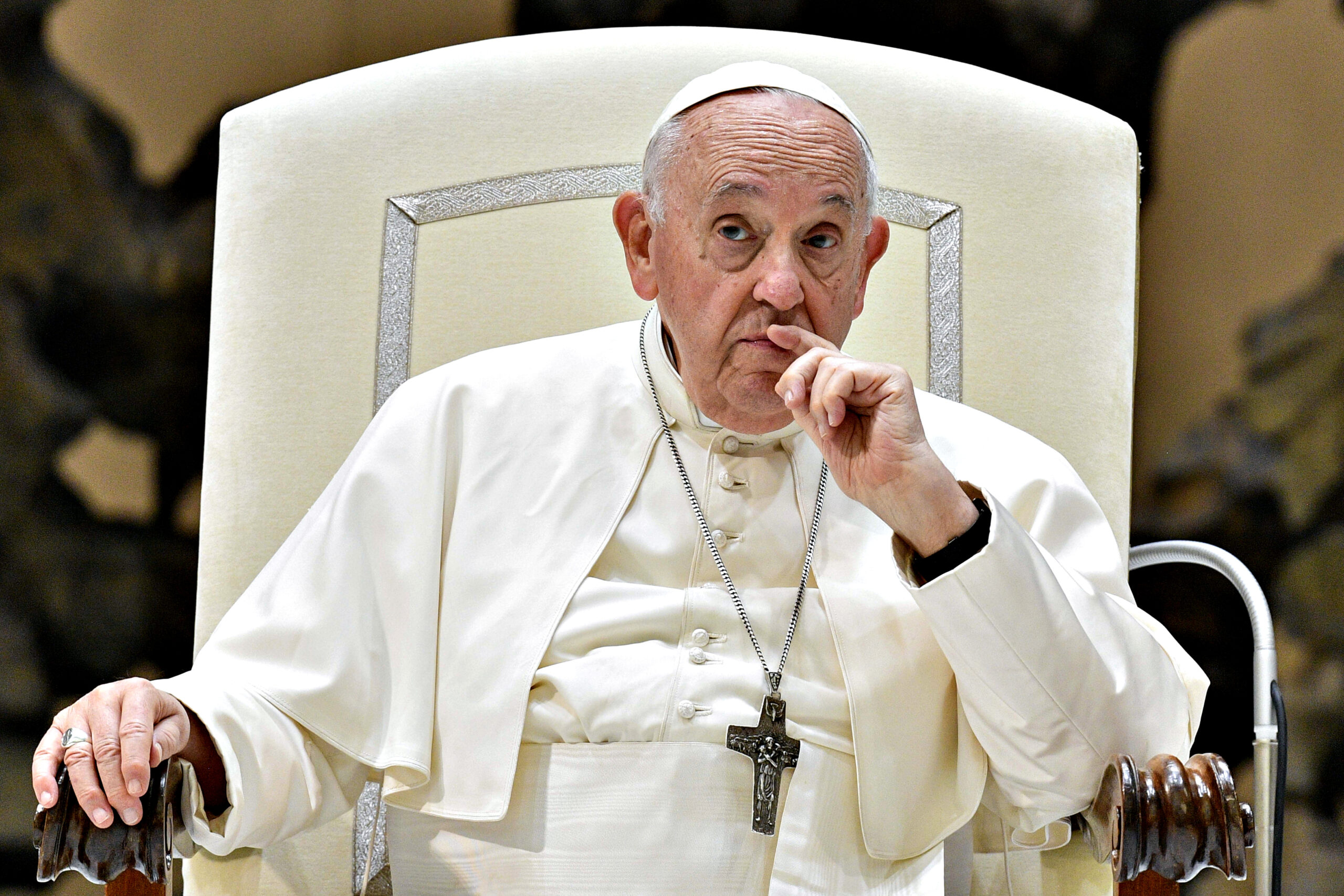
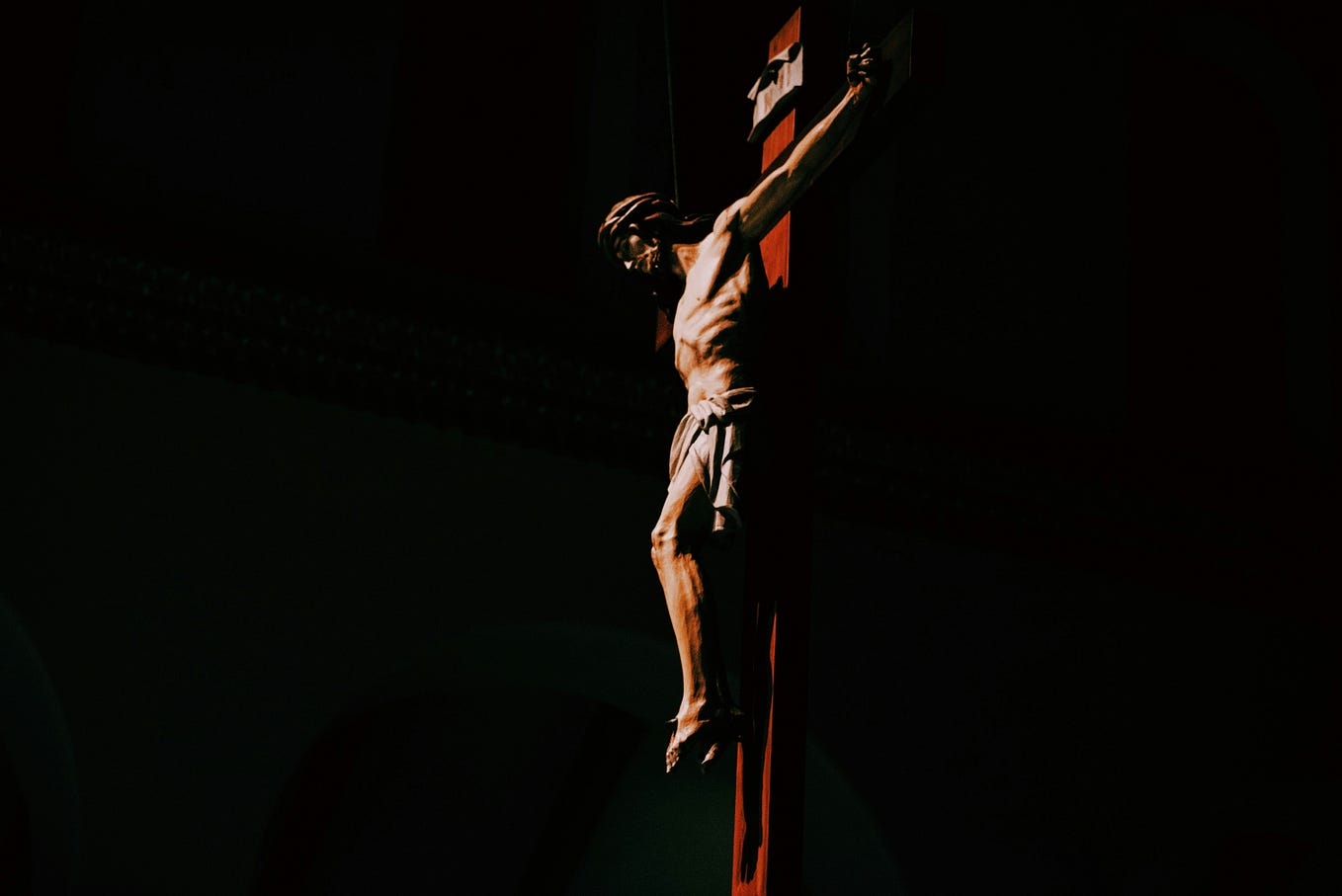
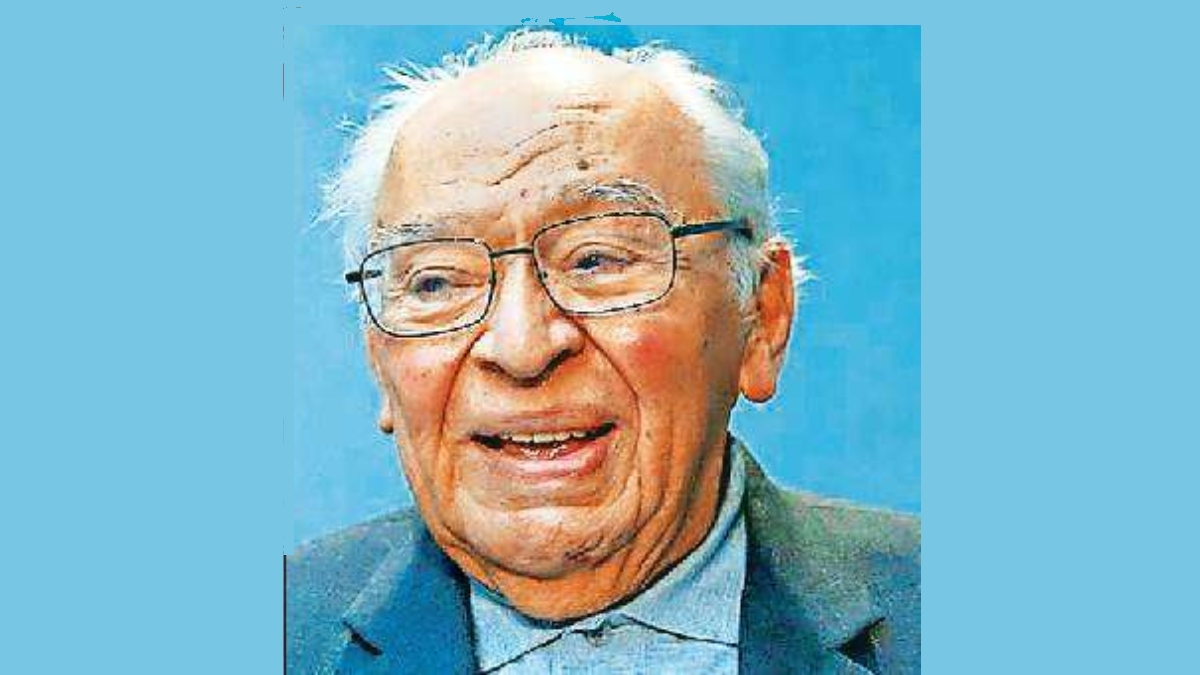
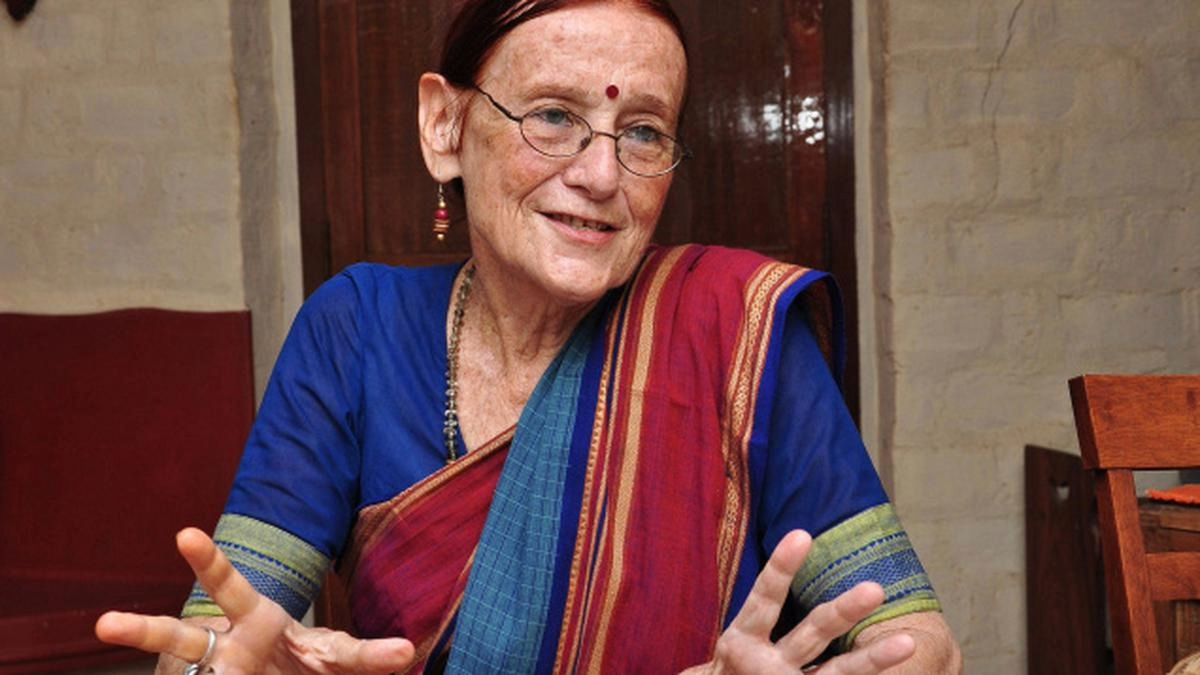
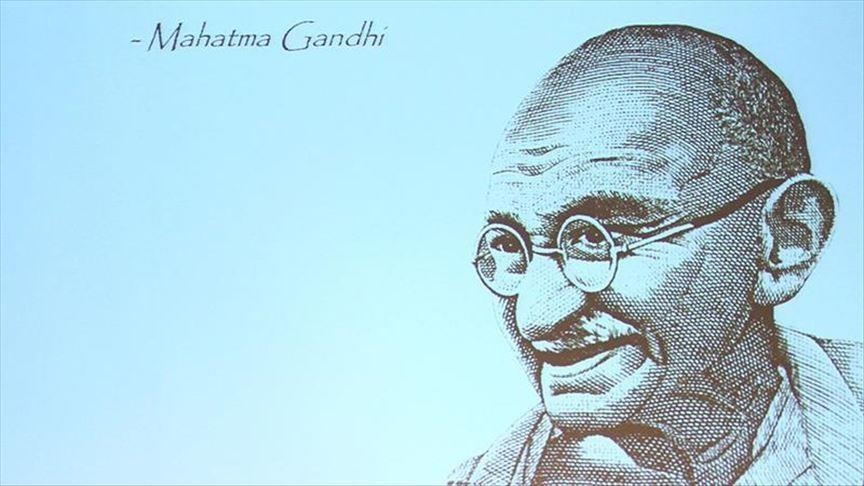
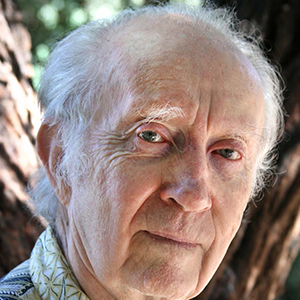
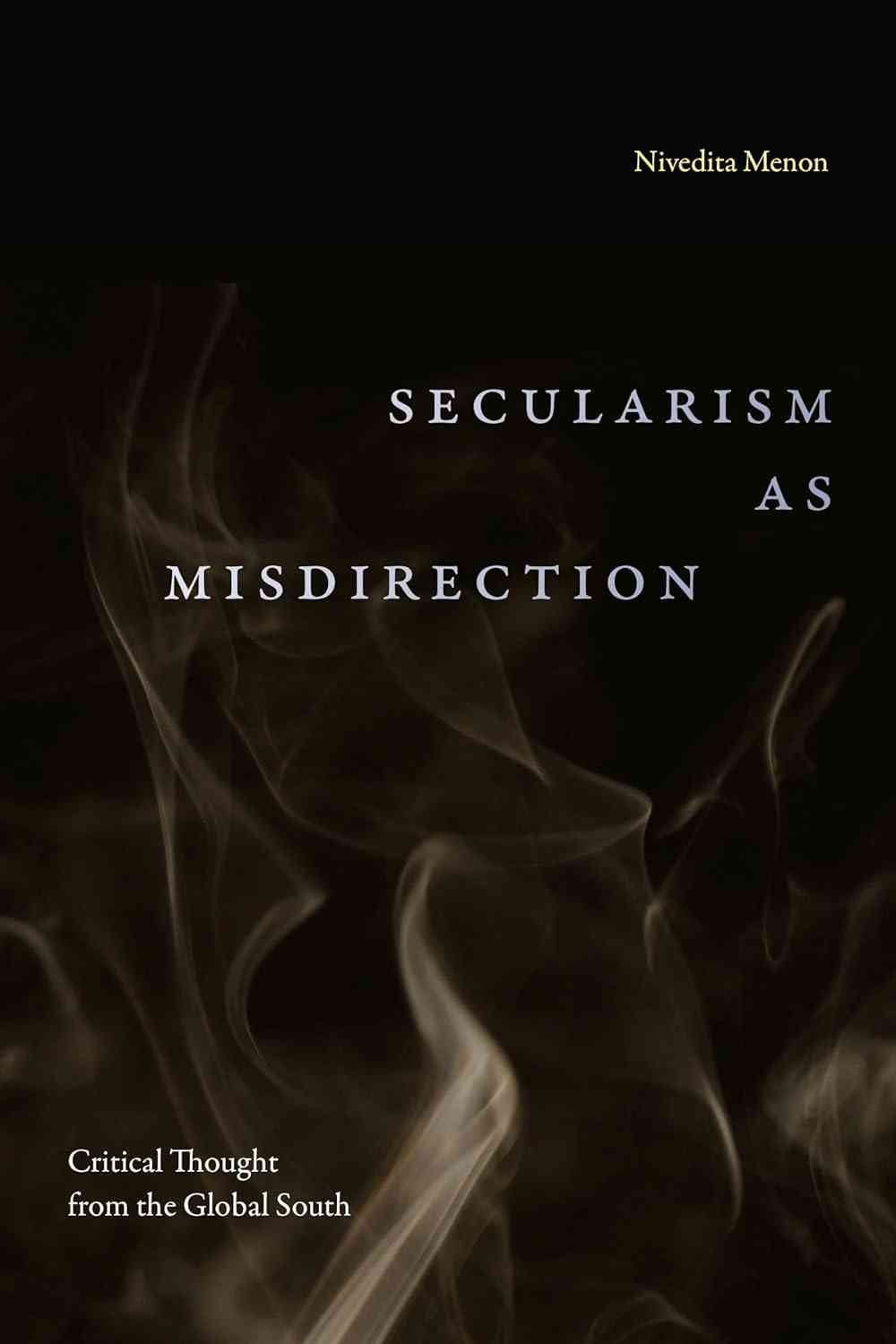
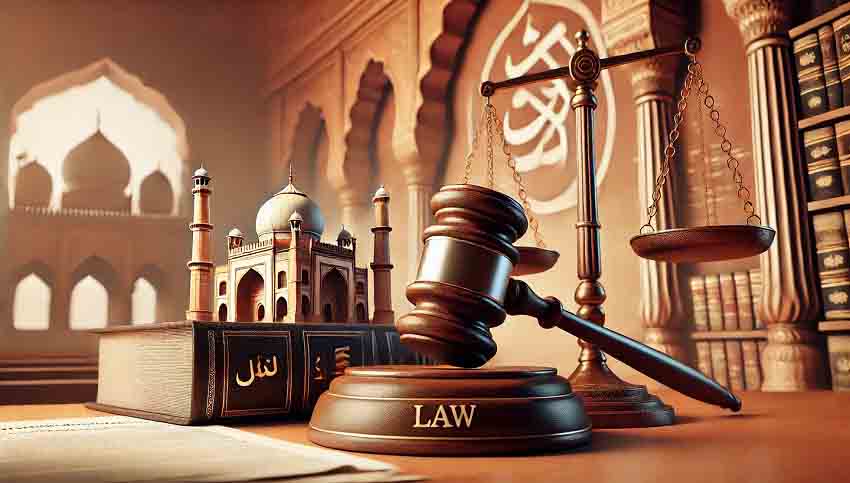
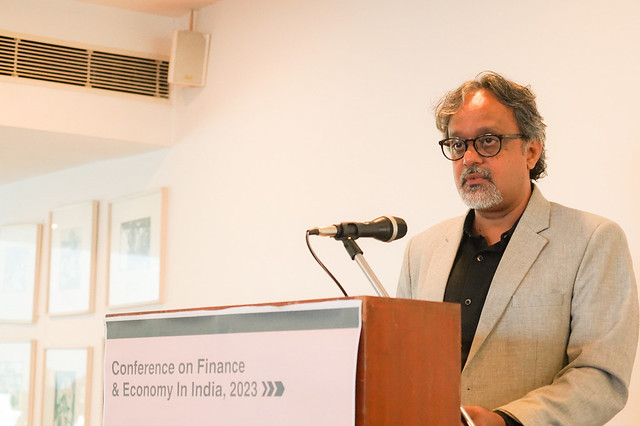


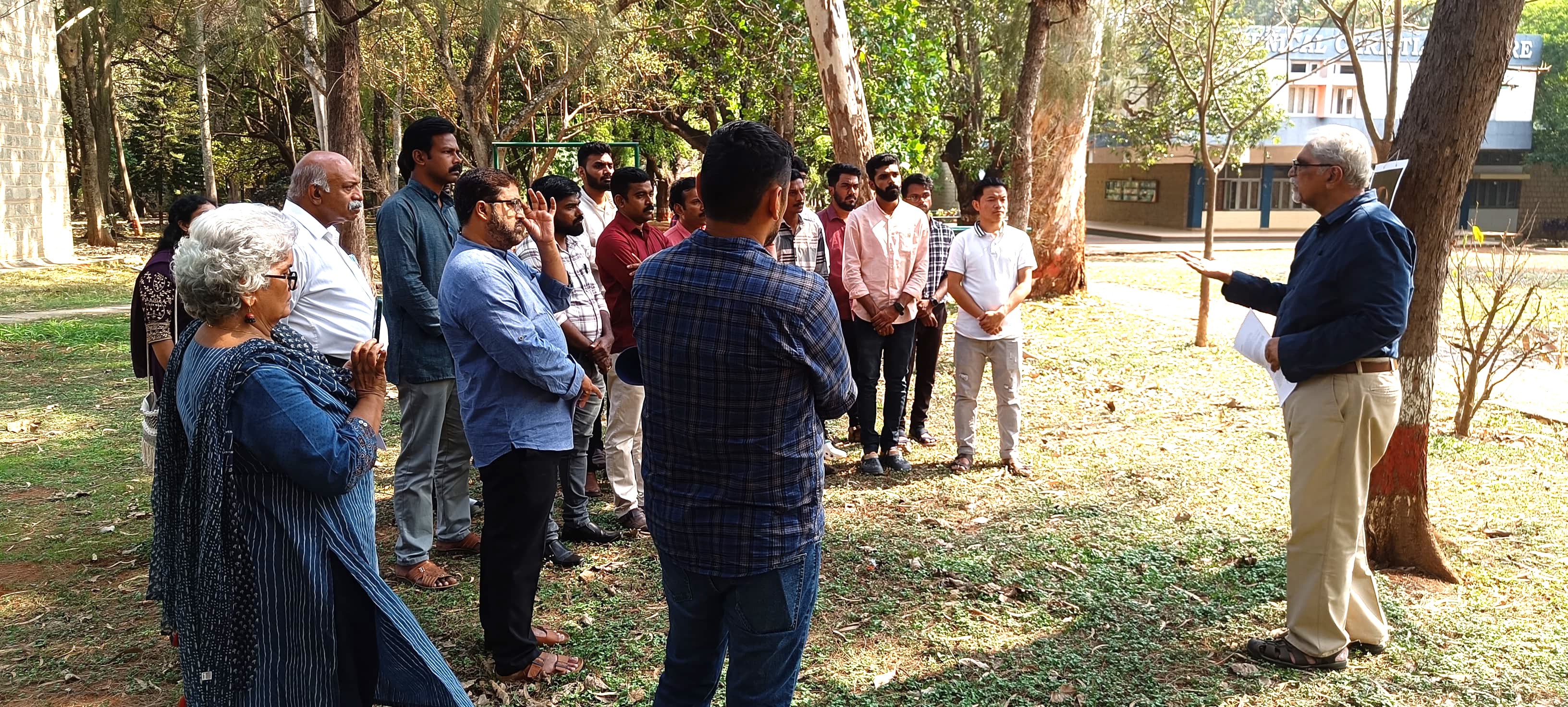
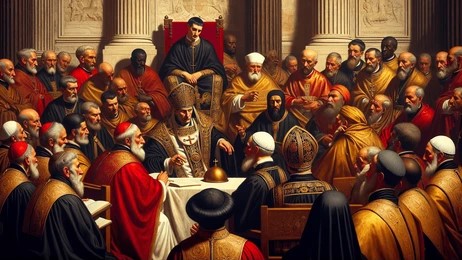
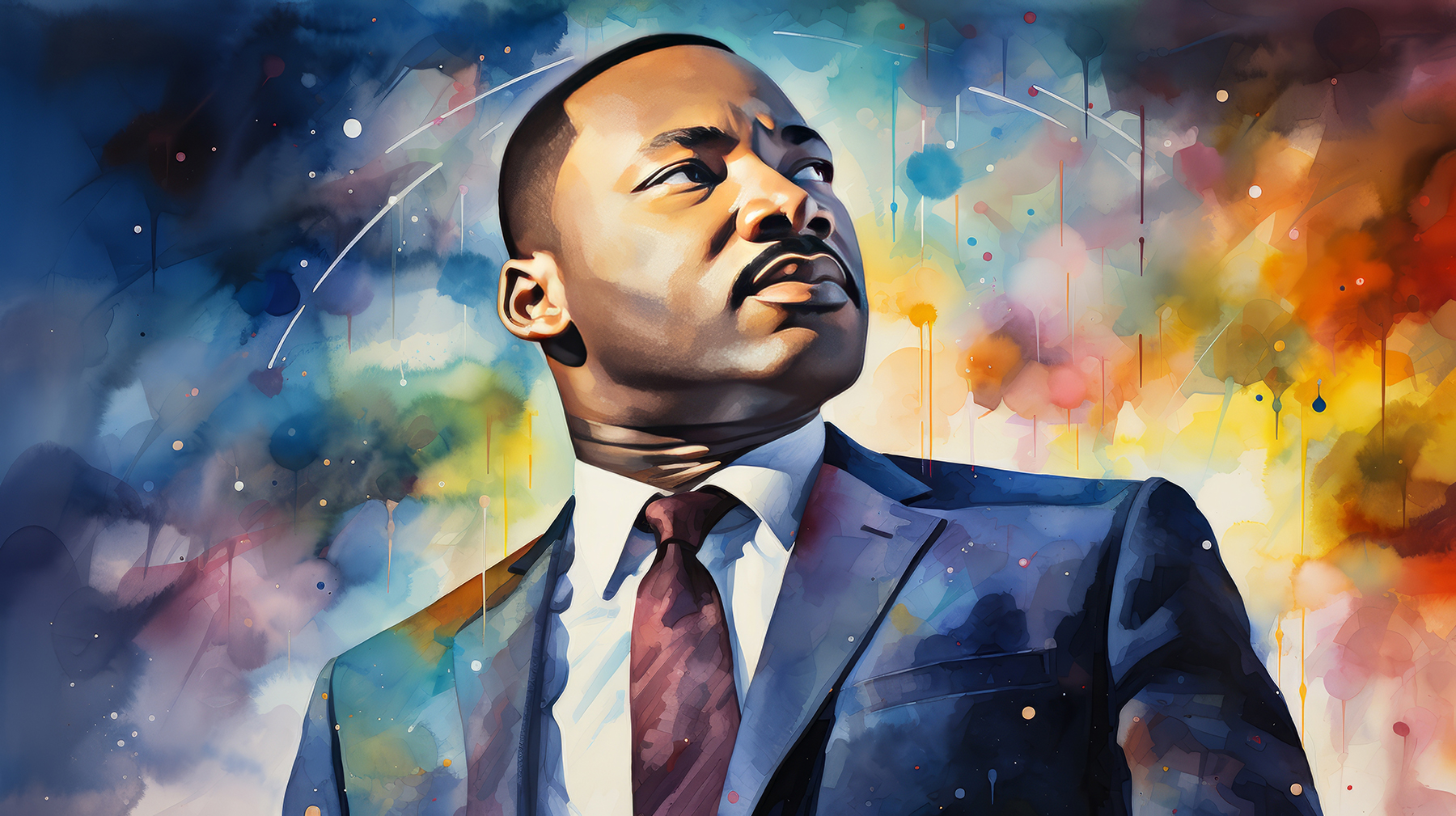
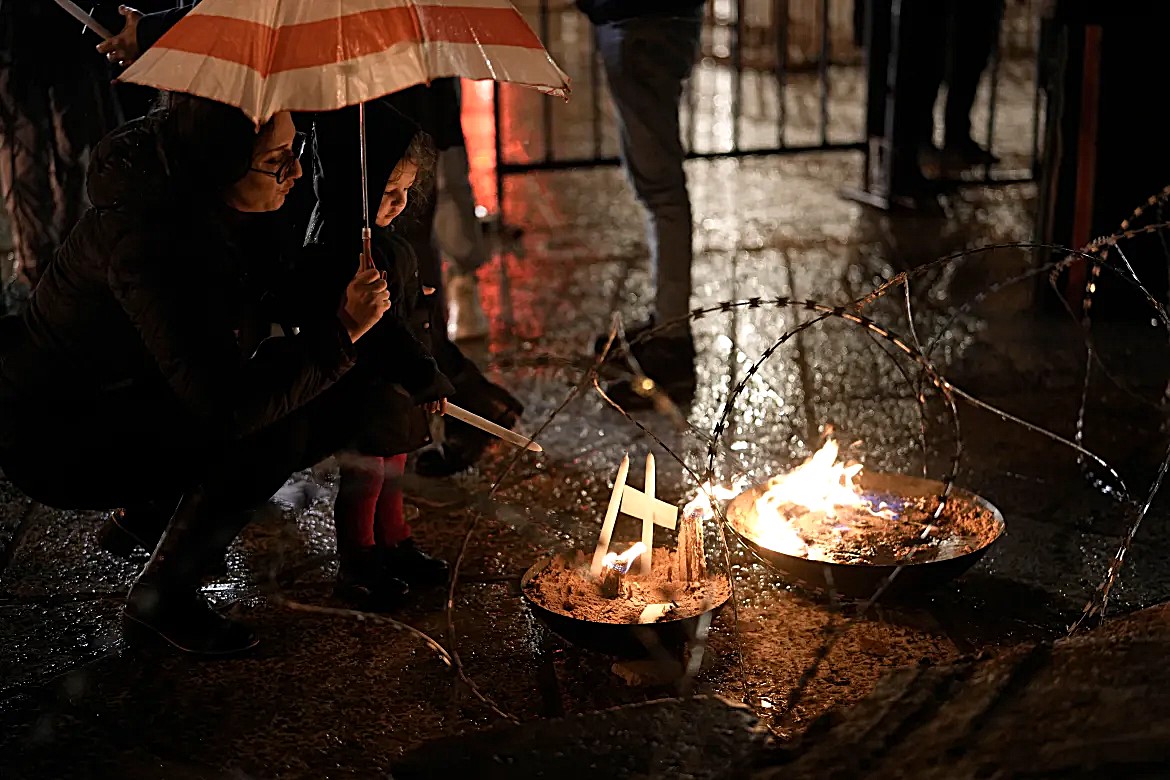
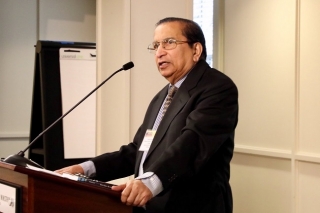
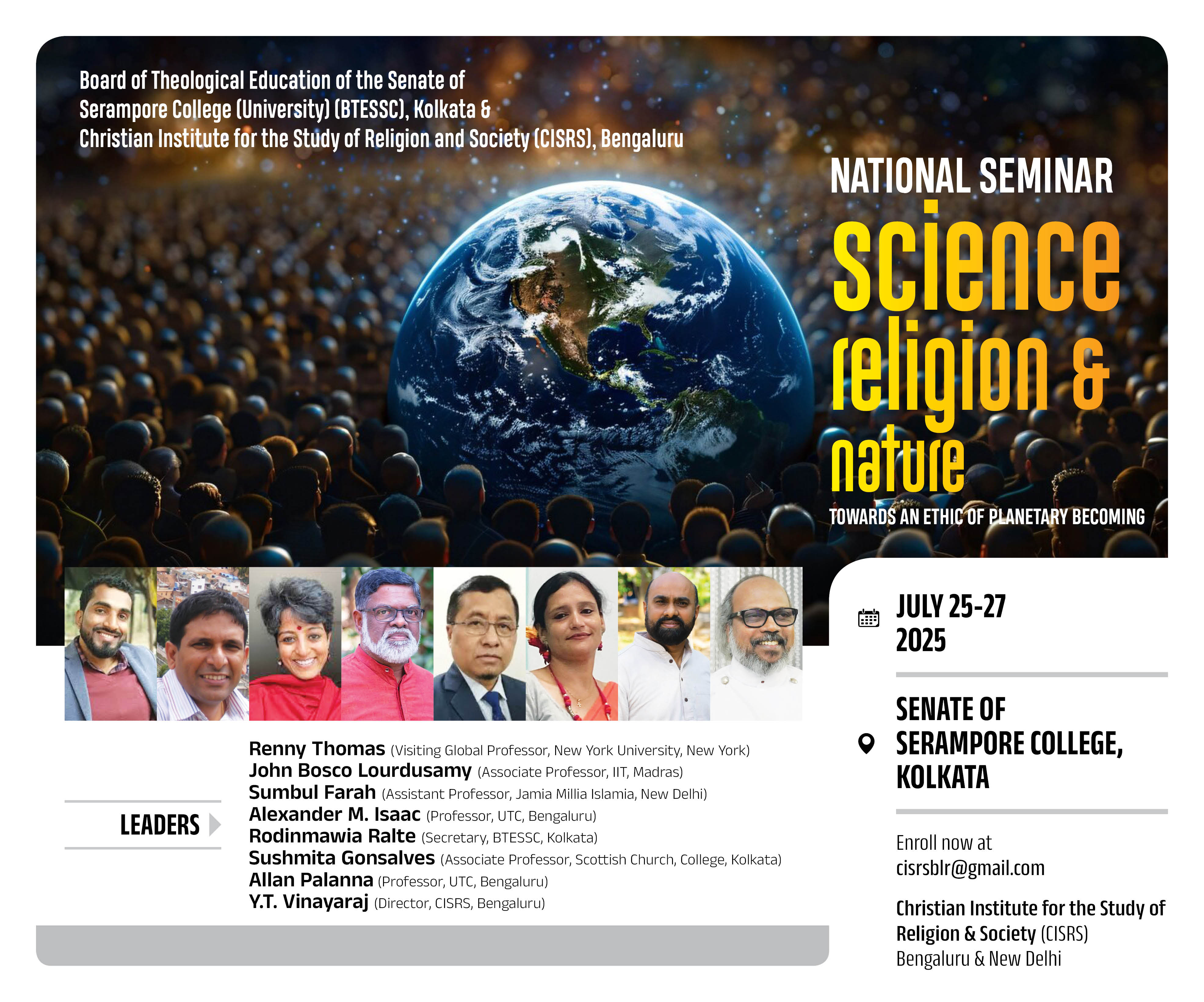

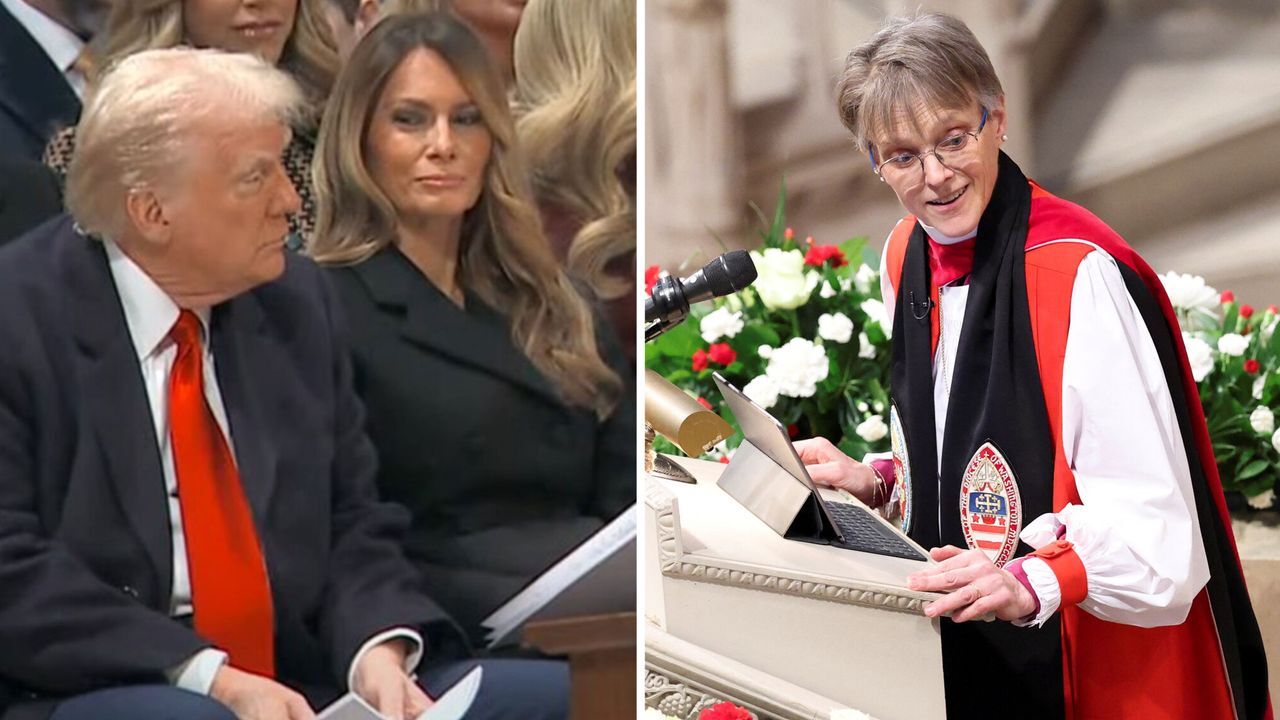
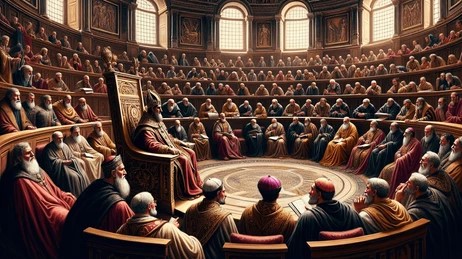
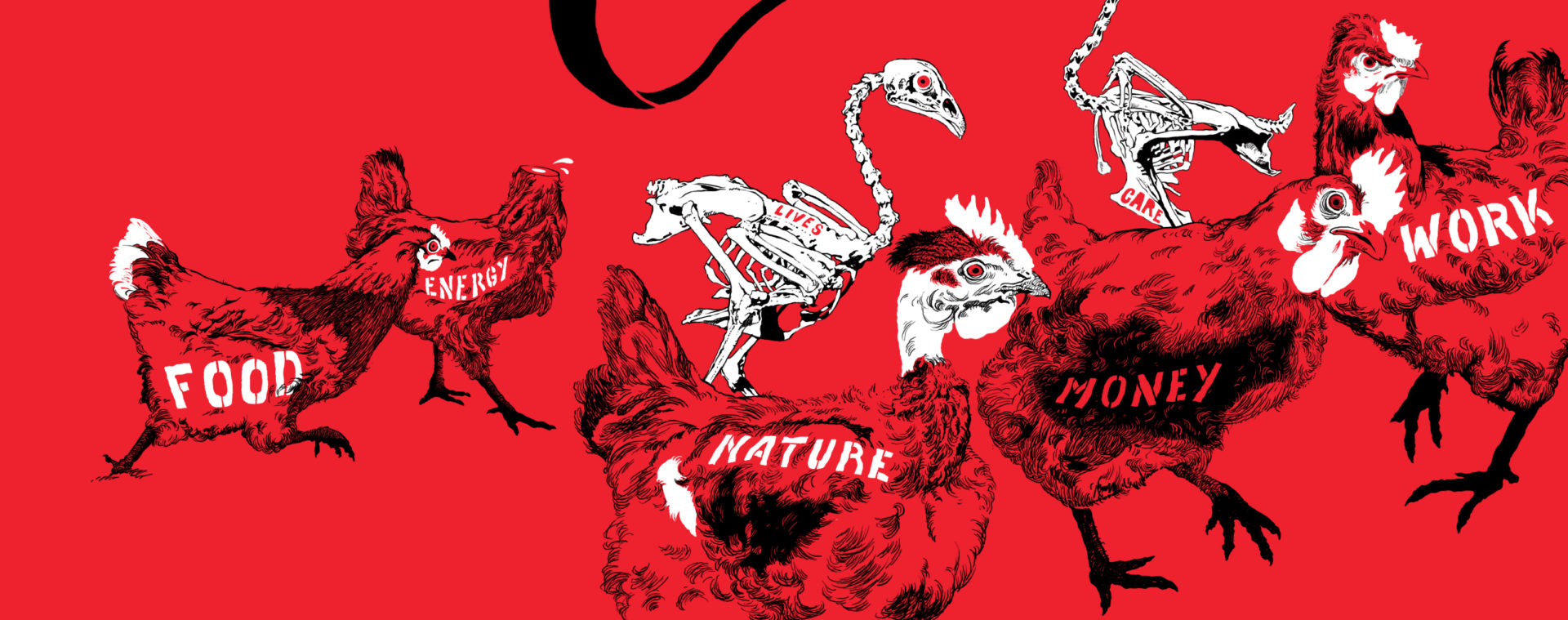
Comments
No Comments